7 Hydrating Foods That Do Nothing and 5 Nutritionist Favorites That Actually Help
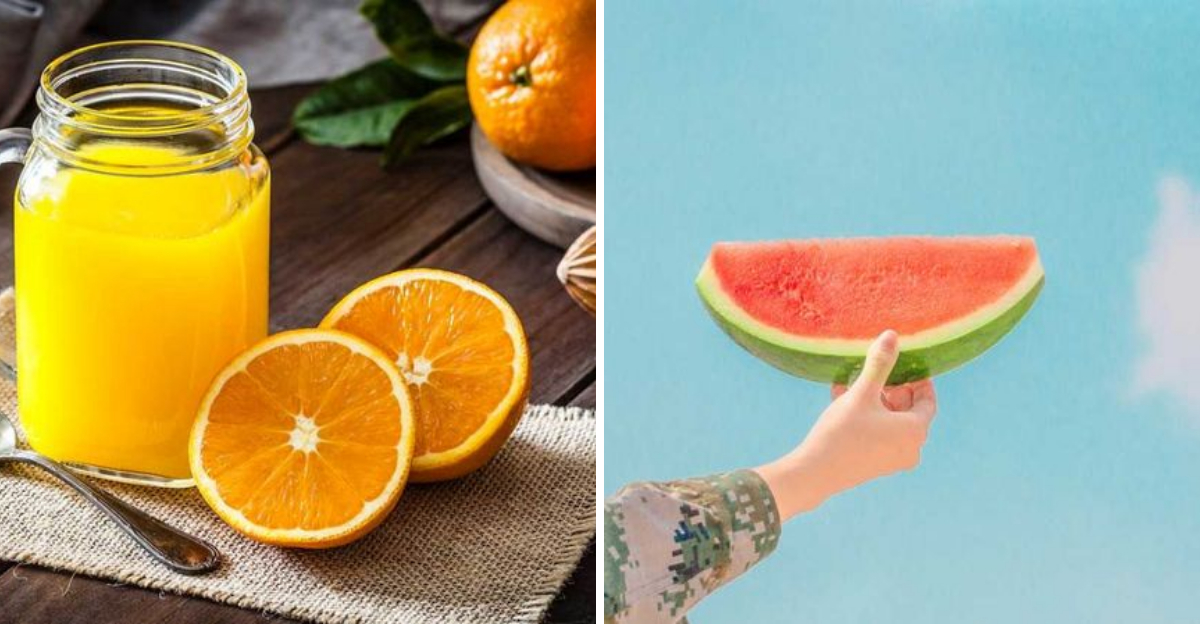
Explore the world of hydration with a focus on foods that promise more than they deliver and those that truly enhance your hydration levels. In this guide, we’ll dissect seven foods that, despite their watery reputation, offer minimal hydrating benefits. Conversely, we’ll highlight five nutritionist-approved picks that do wonders for your hydration, nourishing your body effectively. Whether you’re looking to refresh your diet or simply curious about what really works, this post provides insightful tips and delicious options to keep you optimally hydrated.
1. Iceberg Lettuce
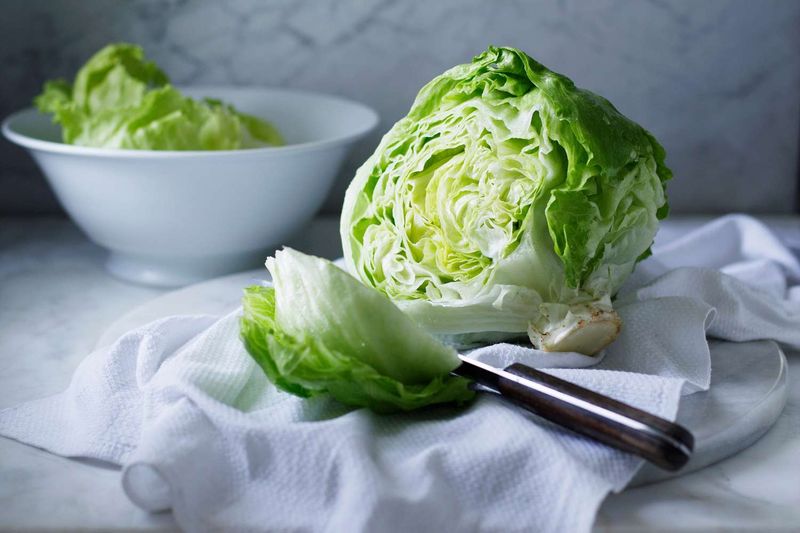
Iceberg lettuce might seem like a health hero, but it’s mostly just water. Although crisp and refreshing, it lacks substantial nutrients—you’re essentially munching on cold air. Its mild flavor makes it a common salad base, yet it offers little beyond hydration. Nutritionally speaking, it’s a lightweight compared to its leafy green cousins, like spinach or kale. While it can add a crunchy texture, don’t rely on it for significant health benefits. It serves as a watery filler, ideal for those watching calories, but not for those seeking nutrition.
2. Watermelon (Eaten Alone)
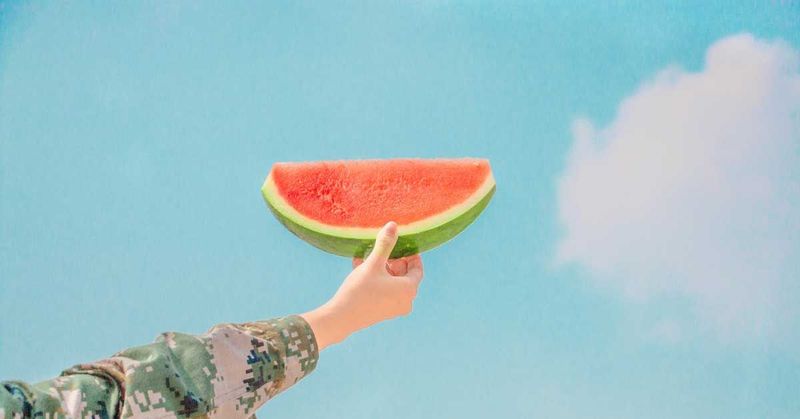
Watermelon is synonymous with summer, famed for its juicy sweetness. At 90% water, it seems like the perfect hydrator. However, its high sugar content can spike blood sugar levels, undermining its hydration potential if consumed excessively. While delicious, enjoying it solo may not be the wisest choice for stable blood sugar levels. Pairing it with a protein or healthy fat can mitigate the sugar spike, allowing you to savor its refreshing qualities without the downside. Relish its taste, but balance it wisely in your diet.
3. Popsicles (Even “Fruit” Ones)
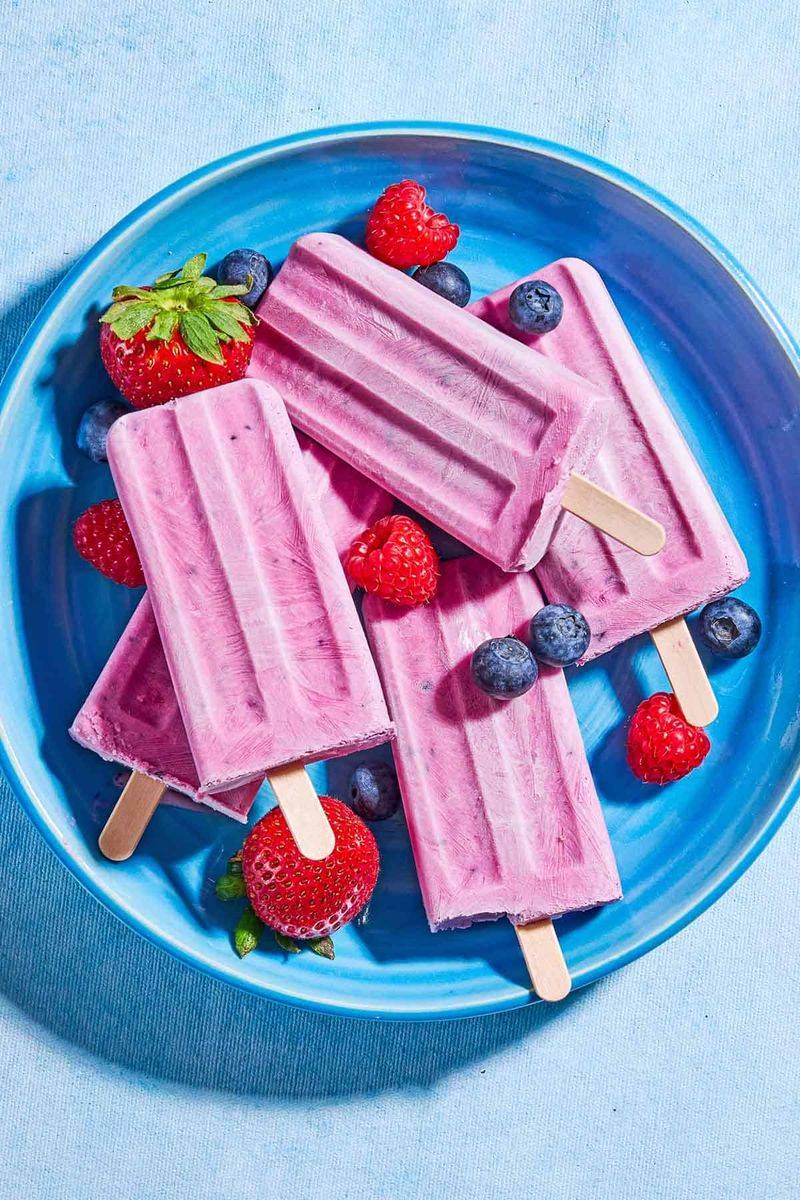
Popsicles are a nostalgic treat; their vibrant colors and icy texture scream summer fun. Yet, even the so-called “fruit” varieties are often laden with sugar and artificial ingredients, offering more of a sweet hit than actual hydration. Although they may cool you down momentarily, they do little to replenish lost electrolytes or provide lasting hydration. Opt for homemade versions with real fruit puree for a healthier alternative. These frozen delights are more treat than thirst-quencher, making them a rare indulgence rather than a hydrating staple.
4. Store-Bought Smoothies
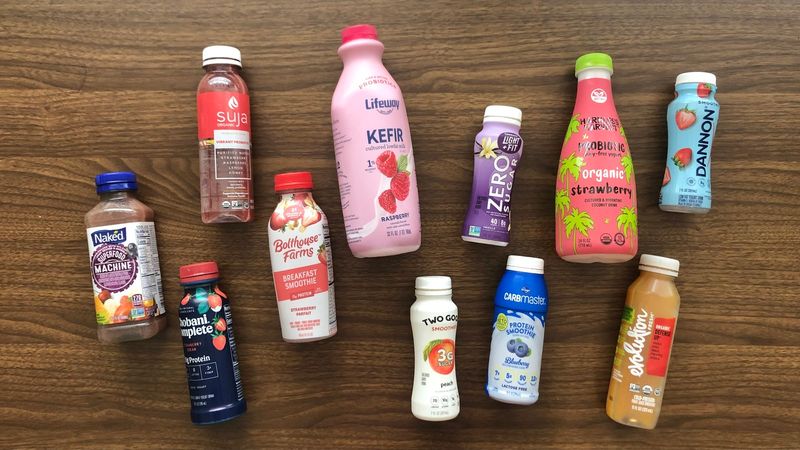
Store-bought smoothies promise health in a bottle, yet many fall short nutritionally. Often packed with sugars and lacking fiber, they might leave you feeling full but not truly hydrated. The vibrant labels boast fresh ingredients, but the reality is often more sugar than substance. Making your own allows for better control over ingredients, ensuring a nutritious and hydrating blend. It’s a classic case of convenience over quality. While they seem like a quick health boost, scrutinize their contents to ensure they align with your dietary goals.
5. Celery (With Nothing Else)
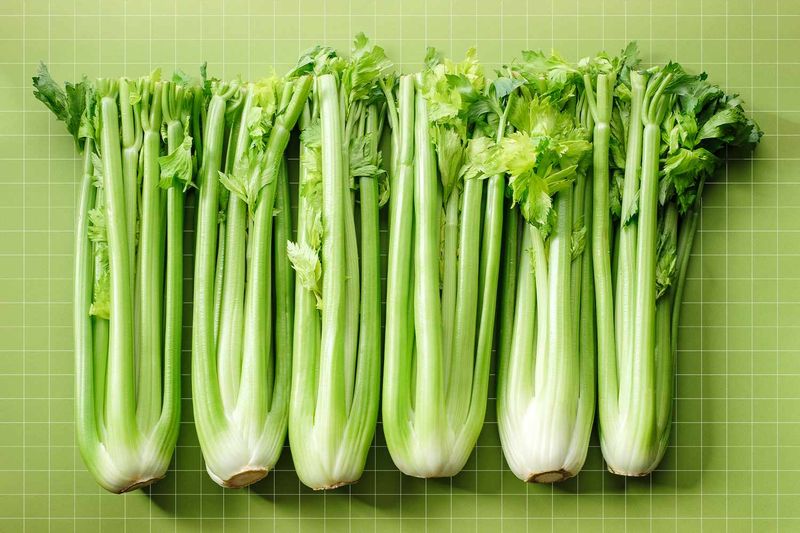
Celery is celebrated for its crunchy texture and high water content, but on its own, it doesn’t contribute much to hydration. While it’s nearly calorie-free, it lacks essential electrolytes needed to replenish what you lose through sweat. Pair it with hummus or peanut butter to enhance its nutritional profile. As a standalone snack, it’s refreshing but not particularly beneficial for hydration needs. It’s a classic example of a food that’s more about texture than substance. Add it to your diet, but don’t bank on it for hydration.
6. Canned Fruit in Syrup
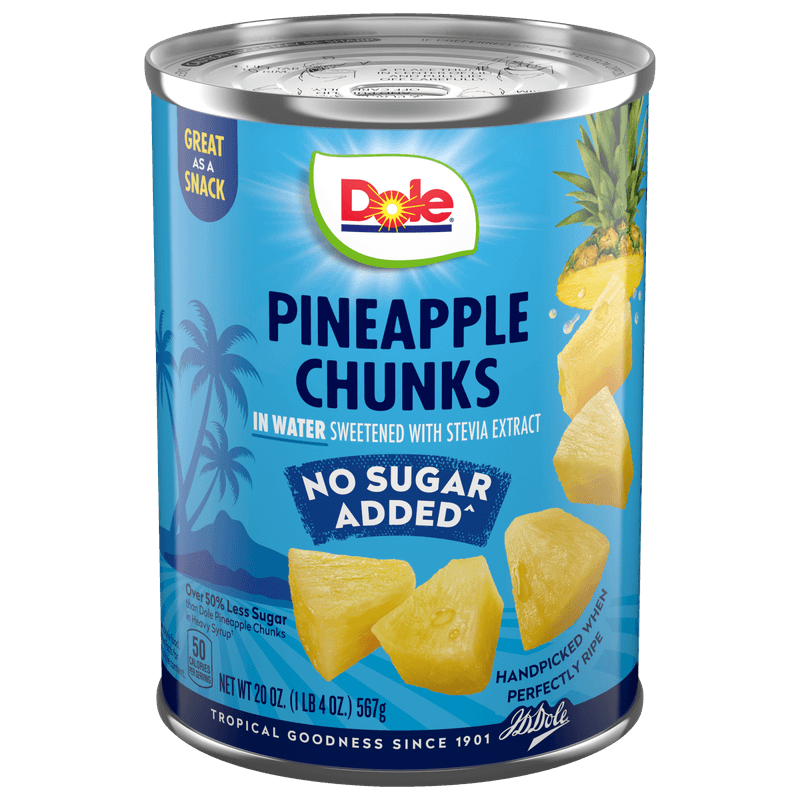
Canned fruit in syrup can be misleading, offering the illusion of a hydrating snack. While the fruit itself contains water, the syrup is often laden with sugar that counteracts any hydrating benefits. Opting for fruit canned in water or its own juice is a wiser choice. These versions retain natural sweetness without unnecessary additives. Despite their convenience, canned fruits in syrup are more about indulgence than nutrition. Enjoy them occasionally, but remember that fresh or frozen fruits offer better hydration and nutritional value.
7. Coconut-Flavored Water (Not Real Coconut Water)
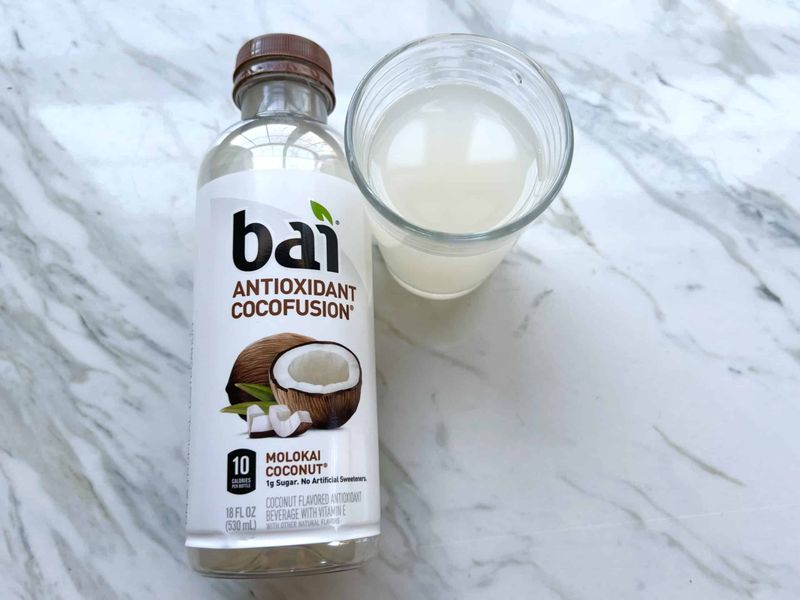
Coconut-flavored water often masquerades as a health drink. Unlike genuine coconut water, it’s typically just sweetened water with synthetic coconut essence. While it might taste tropical, it lacks the real drink’s hydrating electrolytes like potassium and magnesium. Always check labels for authenticity, as real coconut water is a natural alternative to sugary sports drinks. Fake versions might quench thirst temporarily, but they fall short in delivering genuine hydration benefits. Choose wisely and enjoy the full benefits of nature’s drink without the added sugar.
8. Cucumber
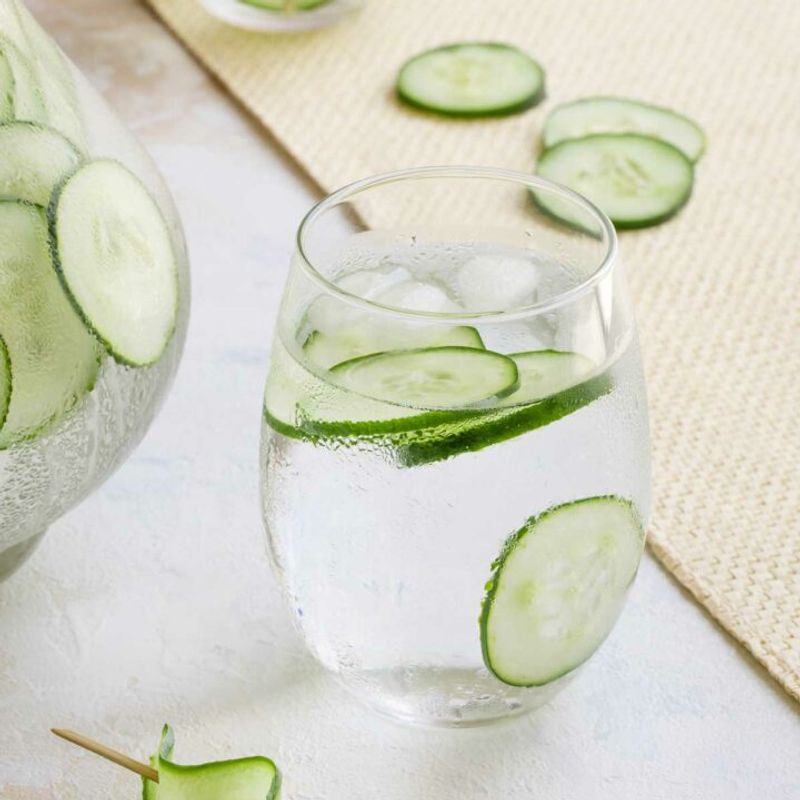
Cucumbers are a refreshing addition to any diet, boasting over 95% water content. Their low sugar levels and presence of potassium and magnesium make them a hydration hero. Often used in salads or infused in water, cucumbers offer a cooling effect and a subtle flavor. They’re a staple in refreshing recipes and ideal for staying hydrated in warmer weather. Their crunchy texture makes them appealing in various dishes. A natural choice for those seeking a healthful yet hydrating snack, cucumbers combine taste with hydration effortlessly.
9. Oranges
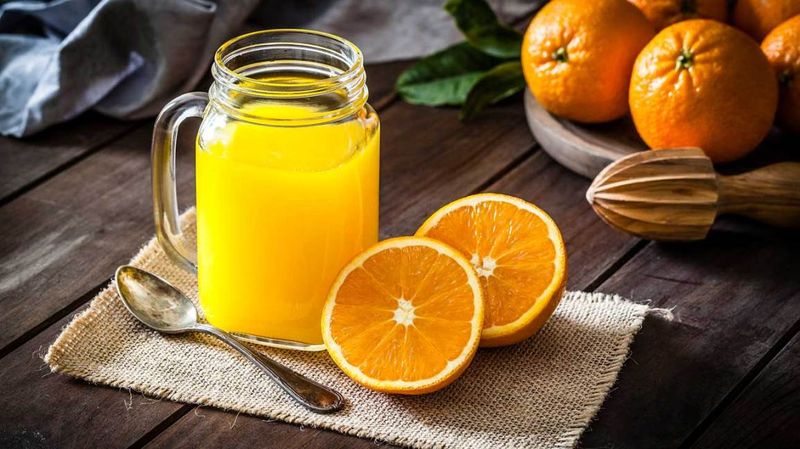
Oranges are a citrus favorite, bursting with juice and flavor. Their high vitamin C content, along with natural electrolytes like potassium, makes them a top choice for hydration. Oranges offer a juicy bite that’s both refreshing and nutritious, perfect for a midday snack or morning refreshment. Incorporating them into your diet can help maintain hydration while boosting your immune system. Their natural sugars are balanced with fiber, ensuring a stable energy release. Oranges are more than just a tasty treat; they’re a hydrating powerhouse.
10. Strawberries
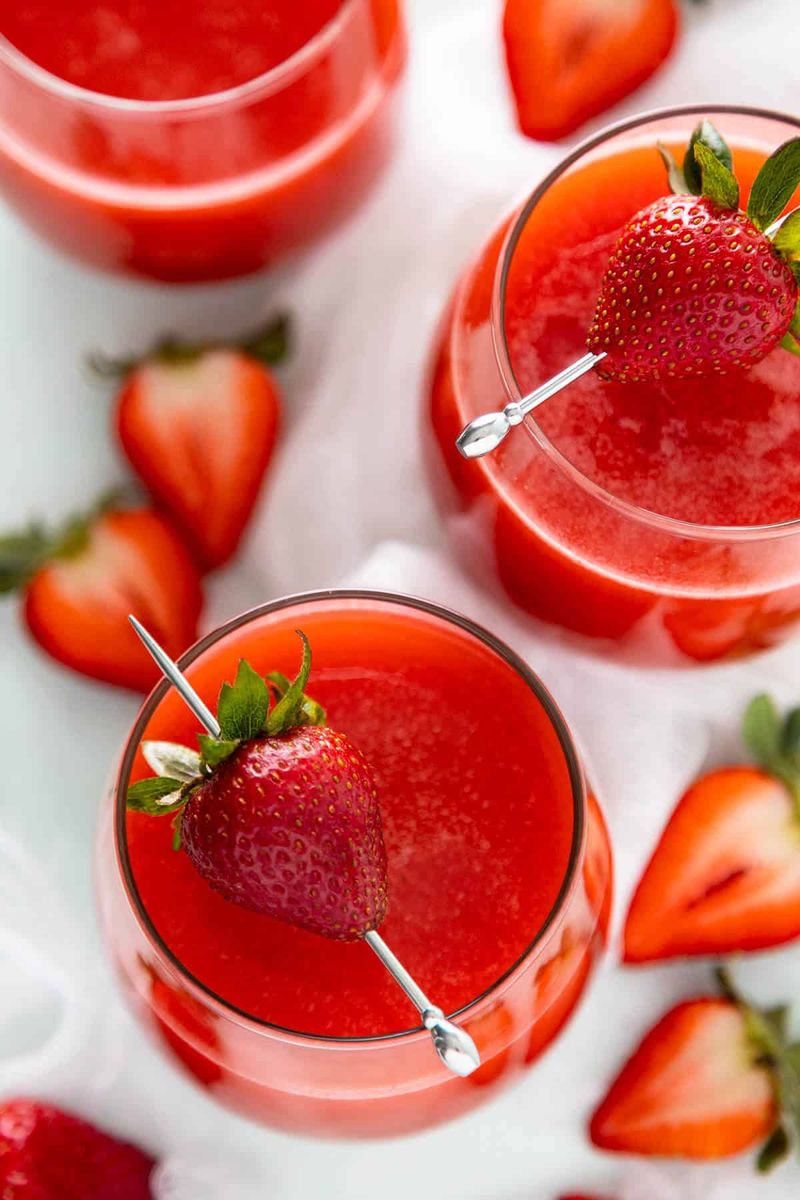
Strawberries are a delightful fruit, known for their juicy texture and sweetness. Packed with water and fiber, they help keep blood sugar stable while providing hydration. These berries are versatile, great for smoothies, desserts, or simply enjoyed on their own. Rich in antioxidants, they support overall health while offering a refreshing option on warm days. Their natural sweetness is complemented by a hint of tartness, making them an irresistible snack. Strawberries are more than just flavorful—they’re a hydrating option that supports your wellness journey.
11. Coconut Water (The Real Kind)
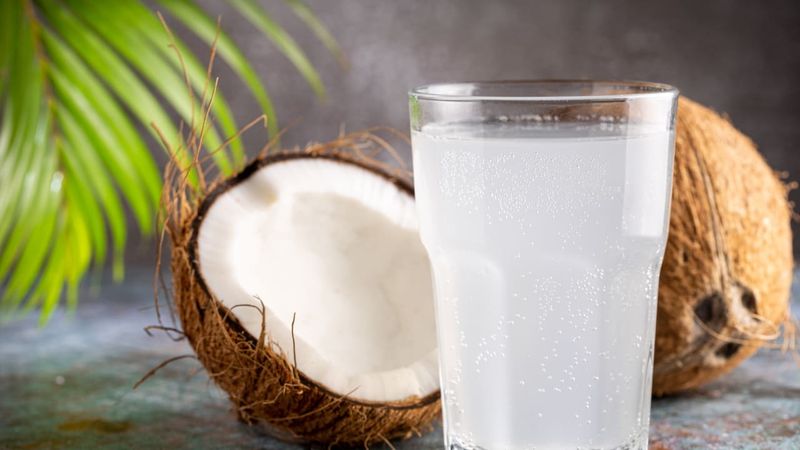
Real coconut water is a hydration superstar, offering a natural balance of electrolytes like potassium and magnesium. It’s often dubbed nature’s sports drink due to its unparalleled ability to replenish lost fluids. Opt for unsweetened versions to avoid unnecessary sugars. Sipping from a fresh coconut brings a sense of tropical bliss, making hydration feel like a mini-vacation. Ideal for post-workout refreshment, it serves as a healthy alternative to traditional sports drinks. Embrace the authentic flavor and wholesome benefits of coconut water for optimal hydration.
12. Zucchini
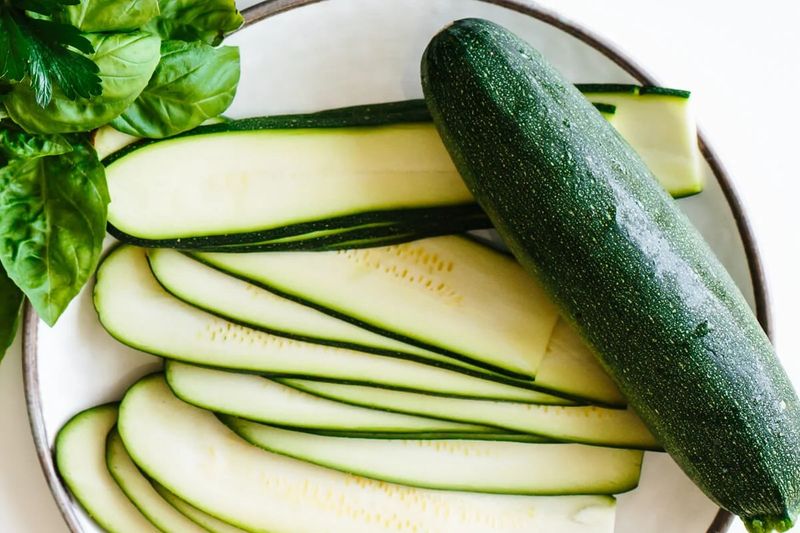
Zucchini, a versatile summer squash, is about 95% water, making it a sneaky hydration hero. Its subtle flavor allows it to blend seamlessly into a variety of dishes, from salads to stir-fries. When sautéed or spiralized, zucchini provides a nutrient-rich, low-calorie option that supports hydration and wellness. Its gentle nature makes it a favorite among health enthusiasts seeking lighter, water-rich foods. Incorporate it creatively into meals for a refreshing twist. Beyond its culinary uses, zucchini stands out as a delicious way to stay hydrated and satisfied.
